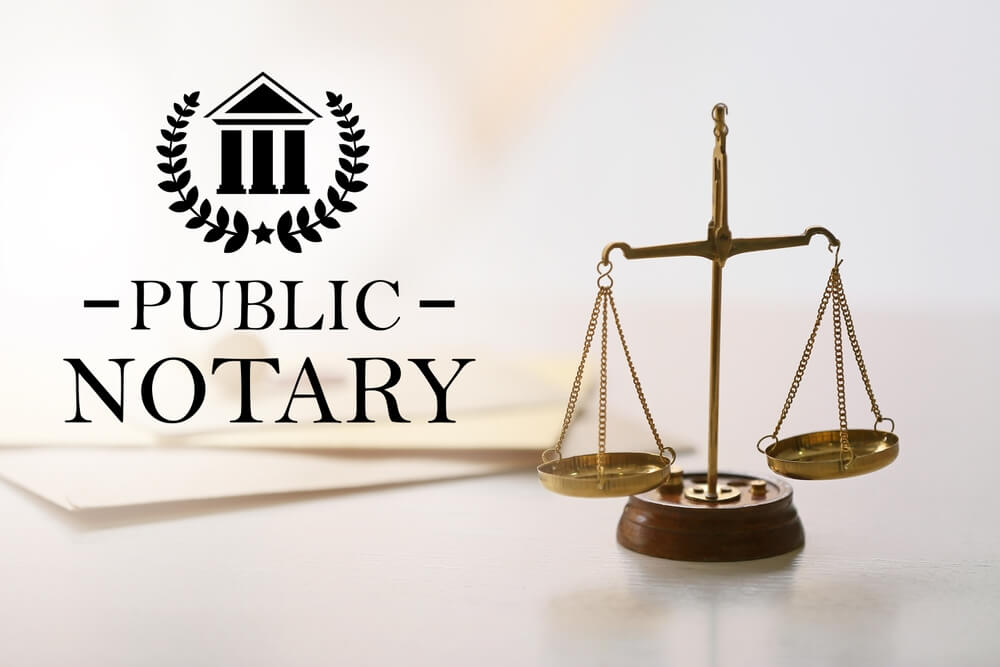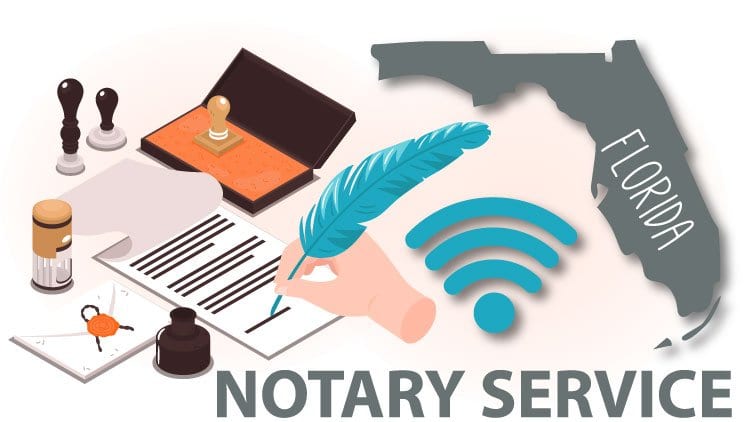Debunking Notarial Job: Simplifying the Duty and Importance of Notaries
In the elaborate internet of lawful documentation and confirmation, notaries stand as pillars of assurance and authenticity. Their function, commonly shrouded in secret for many, lugs considerable weight in making certain the validity and stability of critical records. As guardians of validity and fact, notaries play a pivotal part in our society, yet their job is not constantly totally understood. By untangling the intricacies surrounding notarial methods and losing light on the value of their acts, a clearer understanding emerges of the vital duty notaries play in upholding the fabric of legal and contractual agreements.
The Background of Notarial Job
The history of notarial work days back to ancient human beings, where scribes played a critical role in recording crucial information and verifying records. This led to the advancement of notaries, people assigned by the state to act as impartial witnesses in legal issues.
During the Middle Ages, notaries acquired prestige in Europe, with their features expanding to include drafting legal papers, licensing signatures, and protecting documents. The surge of worldwide profession better emphasized the importance of notarial operate in verifying contracts and agreements throughout boundaries.
In the modern-day age, notaries continue to play a crucial duty in legal and business deals by confirming identifications, verifying the credibility of records, and preventing scams. Their duty in licensing the validity of agreements adds a layer of protection and trust fund to the ever-evolving landscape of business and regulation.

Obligations and Duties of Notaries
The historic advancement of notarial work from old people to the contemporary age has formed the unique tasks and obligations that notaries maintain in legal and organization deals today. Notaries play an essential function in verifying the credibility of files and the identity of signatures. One of their primary duties is to witness the finalizing of vital records, such as actions, contracts, and wills, to make sure that all events are getting in into arrangements knowingly and voluntarily. Notaries also confirm that signatures are of sound mind and not under discomfort or coercion.
Moreover, notaries are entrusted with carrying out oaths and affirmations, which are critical in legal process and the implementation of sworn statements. They license duplicates of original files, supplying guarantee to establishments that the copies hold true reproductions of the originals. Notaries have to keep precise records of all transactions they look after to make sure openness and accountability. Generally, the obligations and duties of notaries are important in securing the integrity and legitimacy of different papers and deals.
Notarial Certificates and Signatures
Exemplifying meticulous interest to information, notarial certificates visit here and trademarks function as essential parts in confirming the credibility of lawful papers. Notarial certificates usually consist of important details such as the day of notarization, the names of the signatures, a summary of the record, and the notary's official seal. These certificates supply a clear record of the notarial act, ensuring that the record can be quickly identified and mapped back to the notary that supervised the procedure.
Trademarks play a critical role in notarial job, as they symbolize the contract and consent of the celebrations involved. Notaries carefully witness the finalizing of files to validate the identity of the signatories and verify that they are signing of their very own free choice. By attaching their official seal and signature to the document, notaries license that the required treatments have been complied this link with which the document is enforceable and legitimate.
In significance, notarial certificates and trademarks are the characteristic of authenticity in lawful transactions, giving assurance to all celebrations involved that the papers are reputable and binding.
Value of Notarial Acts

Notarization Process Discussed
Clarifying the notarization process provides clarity on the essential steps included in verifying legal records. The notarization process generally begins with the individual presenting the paper to a notary public. The notary after that confirms the signer's identification with acceptable identification approaches. Once the identification is validated, the notary makes certain that the private authorizing the paper does so voluntarily and without any type of threat.

Conclusion

Notarial certificates generally contain vital details such as the date of registration, the names of the signatures, a summary of the paper, and the notary's official seal. These certifications give a clear document of the notarial act, ensuring that the file can be conveniently determined and mapped back to the notary that oversaw the process.
By affixing their official seal and trademark to the document, notaries certify that the essential treatments have actually been followed and that the paper is valid and enforceable.
By verifying the identity of the notaries, confirming their determination to get in right into the arrangement, and accrediting the date and location of the finalizing, notaries play a crucial duty sites in upholding the validity of lawful documents.After the document is authorized, the notary will certainly attach their main seal or stamp onto the paper.